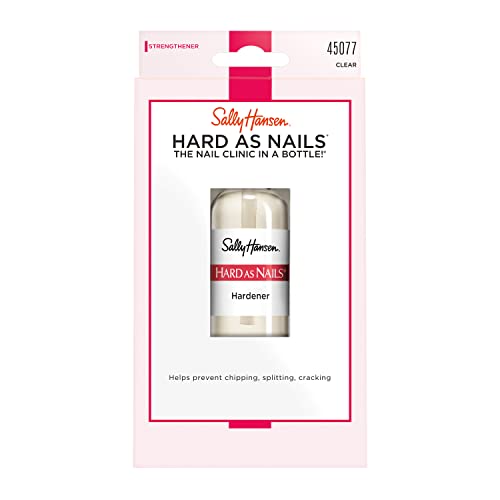Self-Care Essentials: Cultivating a Balanced and Healthy Life
Assisting with daily living activities and personal hygiene, such as washing, dressing, using the restroom, and keeping one’s appearance, particularly for elderly people, is referred to as personal care.
What is Personal Care?
Personal care refers to a wide range of activities and behaviours that assist you maintain your health, hygiene, and overall well-being. Specifically, it covers everything from fundamental hygiene routines like brushing your teeth and bathing to more holistic practices like meditation and exercise. Furthermore, personal care entails taking proactive actions to guarantee you’re performing at your peak, both physically and psychologically. Finally, including personal care into your everyday routine can improve your quality of life and happiness.
Physical Care: The Basis of Good Health
- Skin care and grooming:
Daily Routine: Begin with the basics: cleanse, moisturize, and protect your skin from the sun. Use products designed for your skin type.
Regular Maintenance: Don’t skip routine grooming practices like haircuts, nail care, and dental hygiene. These tiny actions can substantially increase your confidence and comfort.
- Exercise and nutrition:
Stay Active: Include physical activities in your everyday routine. Find something you enjoy, such as a morning jog, yoga session, or dance class.
Eat Balanced Meals. Feed your body with nourishing foods. Aim for a balanced diet that includes fruits, vegetables, lean proteins, and whole grains.
- Rest and recovery:
Sleep Well: Prioritize proper sleep hygiene. Aim for 7-9 hours of good sleep per night.
Relaxation techniques: Deep breathing, stretching, or taking a warm bath can all help you relax and de-stress.
Mental Care: Cultivating Inner Well-Being
1) Mindfulness and Meditation:
Mindfulness exercises can help you stay present and minimize worry. Apps such as Headspace and Calm can help you meditate.
Gratitude Journaling: Keep a journal to record the things you’re grateful for. This technique might help you change your focus away from stress and towards happiness.
2) Hobbies & Interests:
Engage in Hobbies: Set aside time for hobbies you enjoy, such as reading, painting, gardening, or playing an instrument. Hobbies offer a creative outlet and a sense of accomplishment.
Learn Something New: Stretch your thinking by acquiring a new skill or pastime. This keeps the brain busy and engaged.
- Social connections:
Build Relationships: Spend time with loved ones and cultivate genuine connections. Social support is critical to mental wellness.
Set boundaries: Learn to say no and establish boundaries to protect your time and energy. It’s fine to prioritize your own needs.
Emotional Care: Understanding and Managing Your Emotions
1. Self-compassion
Be Kind to Yourself: Treat yourself with the same kindness and understanding that you would show a friend. Practice self-compassion and avoid self-criticism.
Acknowledge emotions: Recognize and validate your feelings. It’s critical to recognize and appreciate your feelings rather than suppressing them.
2. Professional Support:
Seek Help: If you are experiencing mental distress, do not hesitate to seek professional assistance. Therapy and counselling can offer invaluable assistance and coping skills.
3. Creative Expression:
communicate Yourself: Use creative avenues such as writing, art, or music to communicate your feelings. Creative expression can be therapeutic and help you process your emotions.
Incorporating Personal Care into Your Daily Life
1. Start small:
Start with small, doable modifications. Incorporate one new personal care habit at a time until it becomes part of your daily routine.
2. Schedule it:
Make personal care a priority by planning it into your day. Treat it like an important appointment that you cannot skip.
3.Be consistent:
Personal care is most effective when practiced consistently. Make a commitment to yourself and adhere to your program.
4.Adjust as needed:
Life is dynamic, therefore your personal care routine should be adaptable. Adjust your practices to reflect your present lifestyle and demands.







































